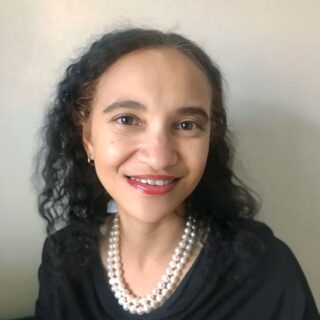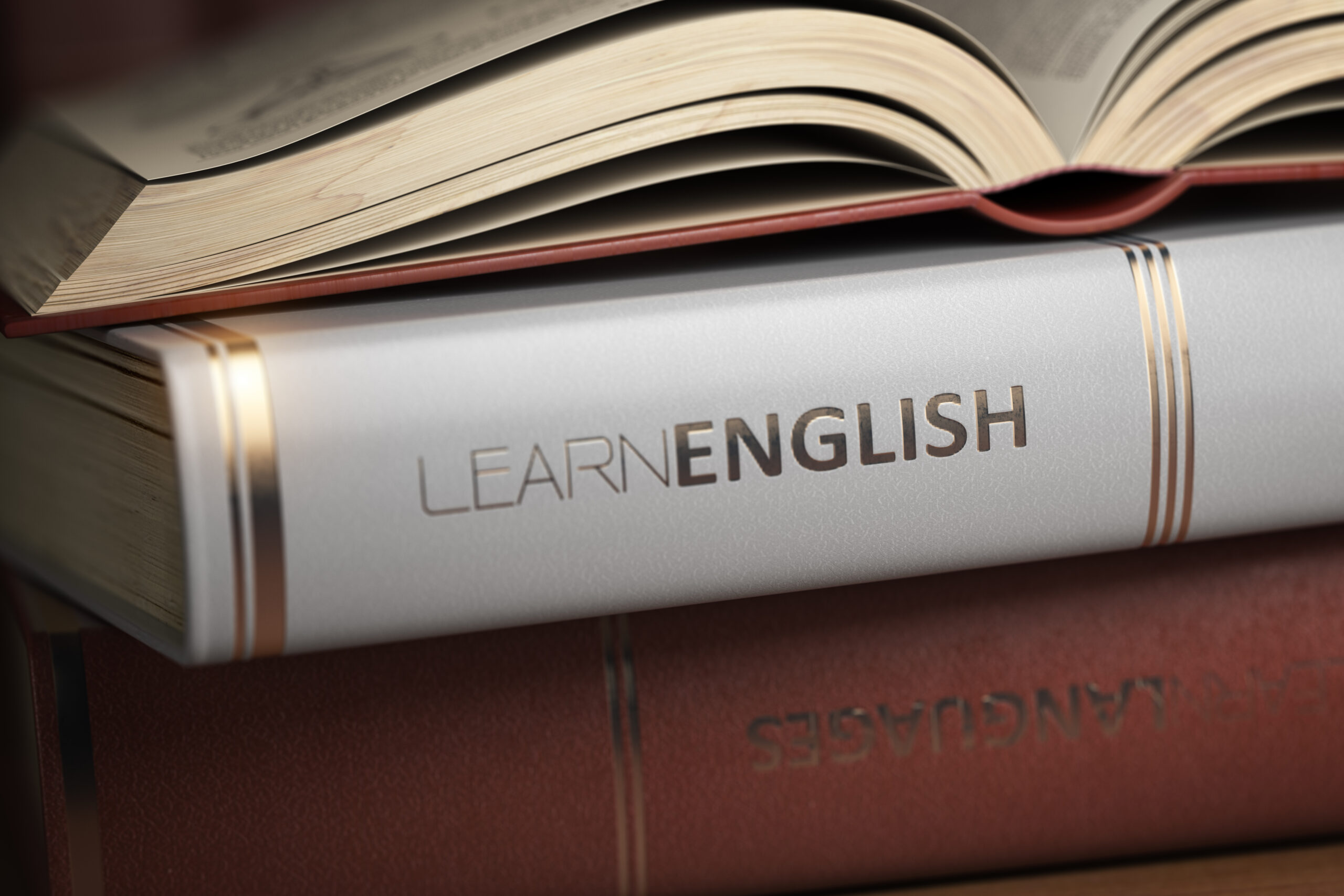What is the IA, EE or TOK? Everything you need to know about the IB written assignments

Before heading into acronym diversity (EE, IA, ToK), it’s important for the future International Baccalaureate (IB) student to understand what these mean and what they entail in terms of written assignments.
When students follow the International Baccalaureate Diploma Programme (or IBDP), they complete various written tasks, and it can sometimes be confusing for them to grasp the distinction between each assignment.
Internal vs External
it is important to take note that there are two types of assessment: internal and external. Both the Extended Essay and the Theory of Knowledge essay (also known as ToK) identify as external. Since, just like final exams, they go directly to official IB examiners. On the other hand, the students’ teachers evaluate the Internal Assessments.
The Extended Essay (or EE)
The Extended Essay is the main written assessment since it has deadlines throughout the12th and 13th grades. In fact, 12th graders will already have developed their research question by the end of that school year. This 4’000-word independent piece of research is presented as a formal piece of academic writing. It demonstrates that the student has fully grasped the topic developed throughout. Just like the other written assignments, it encourages students to use and develop their own critical thinking.
Students must choose between one of the 6 following courses, taken for the IB Diploma Programme :
- studies in language and literature
- language acquisition
- individuals and societies
- sciences
- mathematics
- the arts
World Studies
Students can also take an interdisciplinary approach of a World Studies extended essay. This particular type of extended essay “must focus on a topic of global significance. This encourages the student to reflect on the world today in relation to issues such as the global food crisis, climate change, terrorism, energy security, migration, global health, technology and cultural exchange. Check out more information on World Studies here.
As the official Extended Essay Guide explains, a World Studies essay “gives students an opportunity to undertake an in-depth and independent investigation into a topic of their choice that considers the relationship between subjects and allows for meaningful connections to be made in relation to their chosen area of research.”
The assessment process of the Extended Essay is based on 5 criteria:
- focus and method
- knowledge and understanding
- critical thinking
- presentation
- engagement
More and more IB students choose to write a World Studies essay, because, as mentioned above, links are created between the various IB courses and because these subjects tend to address current events that affect the 21st-century student.
Meet our teachers and examiners who can help with your Extended Essay here
Internal Assessments (or IA)
Throughout the IBDP, students are also asked to complete internal assessments for most courses. Common to both Standard Level and Higher Level courses, the goal of this type of paper is to determine if students are capable of demonstrating the internal assessment criteria in relation to the fieldwork research question.
Teacher marked Internal Assessments are also used for most courses, which include:
- oral work in languages
- fieldwork in geography
- laboratory work in the sciences (chemistry, biology, physics)
- investigations in mathematics
- artistic performances.
Internal assessments will be marked by the subject teacher and externally moderated by the IB at the end of the course and count toward the student’s final IB grade for the diploma. The criteria for evaluating this type of assignment are as follows:
- Knowledge and understanding
- Application and analysis
- Synthesis and evaluation
- Select, use and apply a variety of appropriate skills and techniques
Meet our IB teachers and examiners who can help you with your IA here
The Theory of Knowledge essay (or ToK)
Click Here for more information
The ToK essay plays an integral part of the IBDP and is mandatory for all students. It asks students to reflect on the general nature of knowledge, and on how we know what we claim to know. The evaluation of the ToK essay is completed through a 1’600 word essay and an oral presentation. While the essay requires the student to focus on the concept itself, the aim of the presentation is to evaluate how students apply the thinking of the Theory of Knowledge to real-life situations. This essay also aims to go beyond and link the subject areas taught in school.
Both the ToK essay and the related presentation will draw on what the students have gained throughout their ToK classes. It encourages them to use their critical thinking skills. Both the essay and the presentation need to reflect who the student is as a knower, by putting forward and defending their own thoughts and views. Students will ultimately gain dialogue and critical discussion, as well as analytical writing skills. Each of these will become increasingly important when having to understand knowledge-type of questions and create the student’s own accountability.
Meet our IB teachers and examiners who can help you with your ToK here
Book free trial with our certified IB English teachers today
100 % of tutors are certified teachers and examiners
Critical thinking
Critical thinking contributes to the integrity of the student’s paper. It will give them a more disciplined approach, showing that they have understood the topic at hand. People who think critically will constantly improve the quality of their thinking, which shows that they can form judgement. Ultimately, the aim is that throughout the development of each academic piece of writing, students gain these skills which will become essential in their later studies.
Academic honesty
This is an essential aspect of teaching and learning, where action is based on inquiry and reflection. (“Academic honesty in the IB educational context”, International Baccalaureate Organization, 2014.) It plays a crucial role in all written examinations of the IBDP. Students should visit the school library when they have specific questions (for example about what makes a good Research question), or more particular requests about referencing their sources. The most used bibliographic formats for all IB papers are MLA, Chicago and ISO 690. The latter is used for students who choose to write their essays in French.
Useful tips
- It is crucial for all IB students to take all written examinations seriously, and therefore organisation is key when taking on any scholarly piece of writing. As a secondary school librarian, I often see IB students in a stressful last-minute rush to finalize their written assignments, which can be avoided by being better prepared and organized, in regards to timing and planning.
- It goes without saying that students need to adhere to all assignment deadlines set in advance by the IB organisation since these are there to help them with the various chronological phases related to each assignment.
- It can also be easy to fall behind, especially with the other classes and assignments taking place during the two IB years. Above all, to avoid this students should set personal goals and deadlines and stick to them. Not only does this help them in regards to planning, but also shows responsibility and commitment to their assignment.
Mentors
- All IB students are assigned a Mentor during their Extended Essay, and it is crucial that students should maintain regular contact with their own Mentor throughout the whole research and writing process and until the assignment is officially handed in. Mentors are there to help students with any type of feedback and it is important that students take advantage of this opportunity.
Sources
- Students should note down each source of information, whether it’s online or on paper, mainly because their bibliography will need to cover all sources referenced throughout their assignment, the purpose being to avoid plagiarism.
- This organizational aspect will become especially useful when it comes to online sources, so as not to forget where the information originally came from and when it was consulted.
Research Options
- Students often rely on Google when researching online information for their assignments. It is highly recommended that students also use other evaluation criteria tools when doing so, such as the CRAP test (currency, reliability, authority, and purpose) that determines whether a website is credible or not. This tool will save students a lot of time and is sure to help them find great quality online resources.
- IB students should remember to visit their school library in order to receive extra help and feedback. This can be about the general structure and writing style of their essay or about finding relevant online sources. In this respect, librarians are there to teach students how to differentiate between good and poor quality web sources.
- The role of librarians is essential. The purpose of their work, as well as that of the teachers, is to attain a common goal of helping the student achieve academic success.
Tips for bilingual students
- For students whose mother tongue is not English but choose to write their assignments in this language, it can sometimes be difficult to find the right sentence structure. Moreover, to be understood throughout the entirety of their paper. In order for the non-English student to hand in the best possible written assignment, there are various points to be considered, such as:
- Using online dictionaries and encyclopaedias (eg. Britannica, or Universalis when writing in French) to check the meaning and spelling of specific words and terminology used within one’s assignment.
- Depending on their availability, asking for help from at least one of the student’s language teachers, when revising the piece of writing and before handing it in.
- Getting an appointment with the learning support department within the school, where professional staff can help the student with any difficulties they may face related to language barriers.
- Using the library resources to find any useful information that will guide the student towards success in academic writing (most likely all school libraries should have a section with this type of resources), as well as asking librarians for additional help.
















